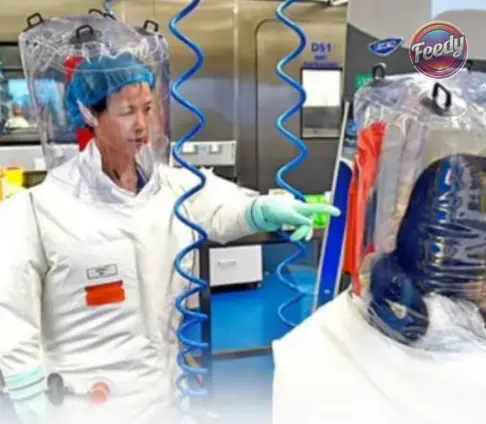
3 Sprouted Foods as To.xic as Arsenic—Many People Eat Them Without Knowing the Risks
3 Sprouted Foods as To.xic as Arsenic—Many People Eat Them Without Knowing the Risks
Even experienced home cooks with decades of practice may struggle to distinguish between sprouted foods that are safe to eat and those that are harm.ful.
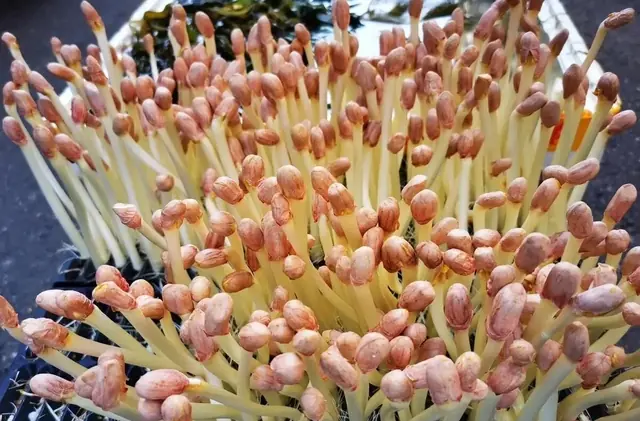
Some sprouted foods contain dangerous toxins, while others become more flavorful and nutritious. The key is knowing which ones to choose. However, according to nutritionist Zuo Xiaoxia from the No. 8 Medical Center of the General Hospital of the Chinese People's Liberation Army (Beijing, China), most people consume sprouted vegetables and tubers based on habit or preference rather than a real understanding of their safety.
To avoid eating something both unappetizing and toxic—especially cancer-causing—he highlights three sprouted foods that should never be consumed:
1. Sprouted Potatoes
When potatoes sprout, they produce solanine, a natural toxin that can cause poisoning. While the sprouts can be removed, solanine remains in the potato, especially in green spots, and does not disappear even after cooking.
Consuming large amounts of solanine can lead to nausea, diarrhea, dizziness, and headaches. Severe solanine poisoning can damage the nervous and digestive systems and even be fatal. Long-term consumption of sprouted potatoes may also increase the risk of cancer, as solanine can harm cells in the body.
2. Sprouted Cassava
Cassava naturally contains cyanogenic glycosides, compounds that can convert into cyanide—a highly toxic substance. When cassava sprouts, the cyanide levels increase significantly, making the root even more dangerous.
Cyanide poisoning can cause breathing difficulties, dizziness, fatigue, headaches, and damage to vital organs such as the heart and lungs. Beyond acute poisoning, frequent consumption of sprouted cassava may lead to neurological disorders and cardiovascular diseases due to prolonged cyanide exposure.
3. Sprouted Peanuts
Sprouted peanuts often indicate an unsafe storage environment where mold growth can lead to the production of aflatoxin, a potent carcinogen. Aflatoxin contamination is particularly dangerous because it does not change the taste or appearance of peanuts, making it difficult to detect.
Consuming peanuts contaminated with aflatoxin can result in acute liver failure, liver cancer, and even death. Aflatoxin exposure also affects children's development, potentially leading to growth issues and neurological problems.
To prevent aflatoxin contamination, always store peanuts in dry, cool conditions, avoiding moisture and high temperatures that promote mold growth. Never eat sprouted, moldy, or visibly spoiled peanuts.
By recognizing these dangerous sprouted foods, you can protect your health and reduce the risk of poisoning and serious illnesses like cancer.
News in the same category


Stop Wasting Rice Water!

90% of People Are Setting Their Fridge Temperature Wrong

9 Quick Tips to Relieve Nighttime Calf Cramps While Sleeping
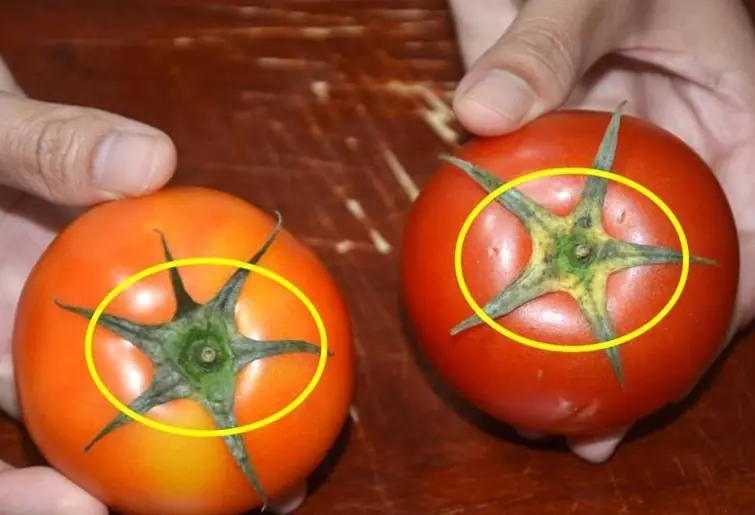
Distinguish Naturally Ripened Tomatoes

Placing a Broom in These 4 Positions Could Sweep Away Your Wealth

Add One More Spice When Simmering Pork
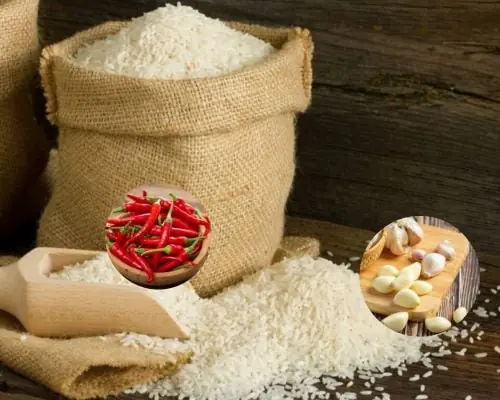
Burying Garlic in a Rice Container: A Brilliant Household Trick Everyone Will Love
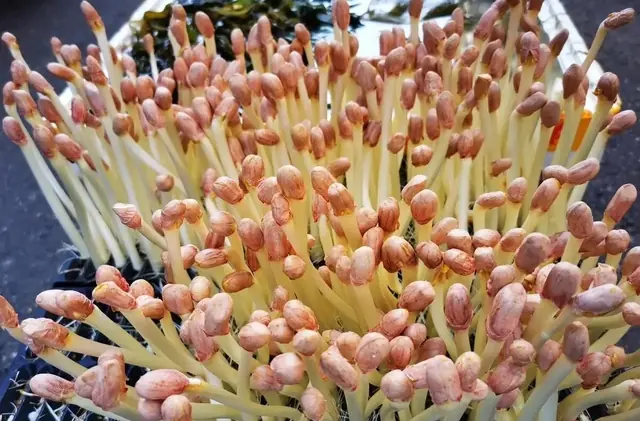
3 Sprouted Foods as To.xic as Arsenic—Many People Eat Them Without Knowing the Risks
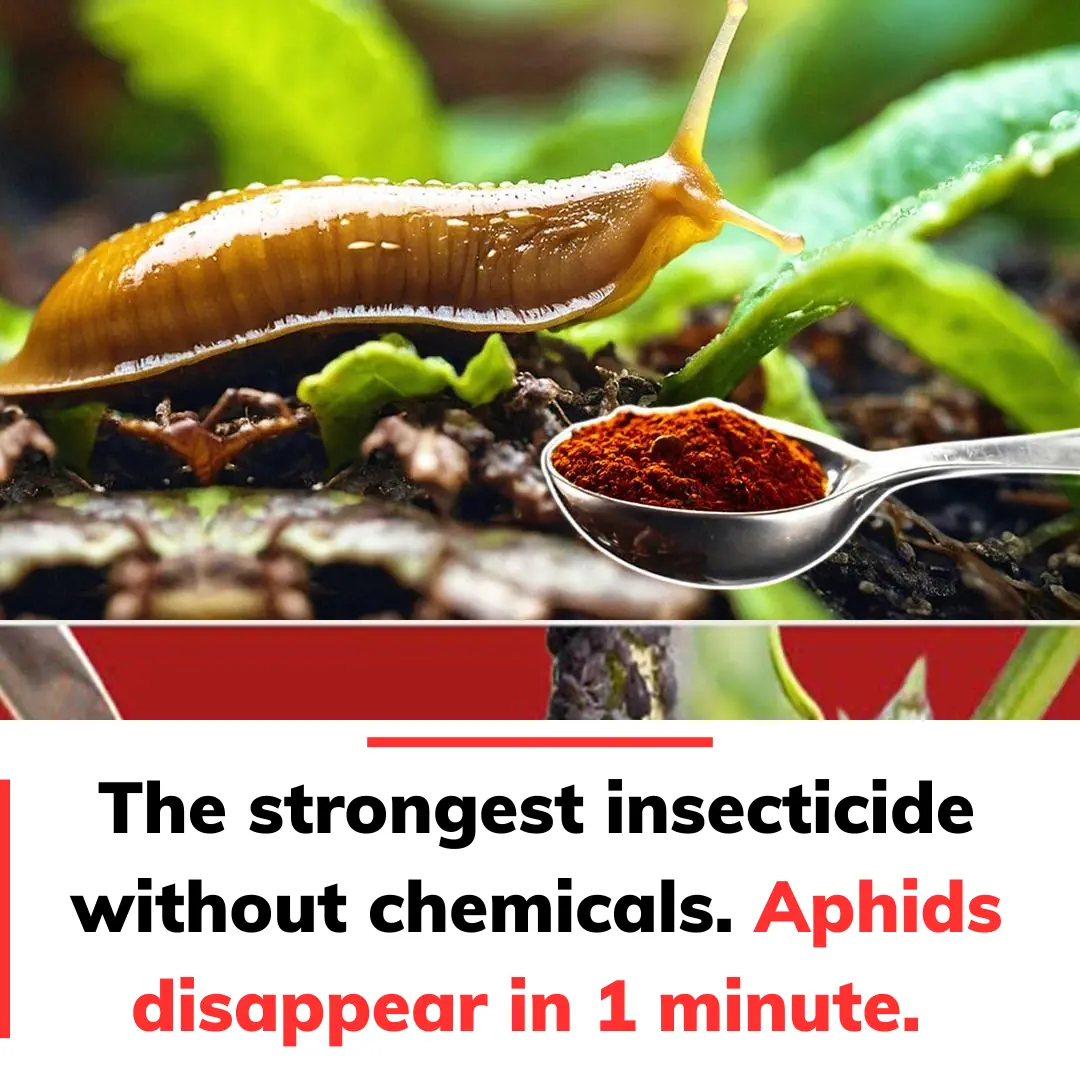
Natural Pest Control: Using Hot Red Pepper to Repel Aphids and Snails

The Hidden Washing Machine Switch: Press It Once to Flush Out Dirt

The Power of Onions: A Natural Boost for Prostate Health

Should You Wash Eggs Before Storing Them in the Fridge?

Place a Garlic Bulb at the Head of Your Bed: Its 'Golden' Benefits Will Make Anyone Who Reads This Want to Try It

Clean Your Pillow Filling

7 Simple Yet Powerful Benefits of Drinking Cloves

Why should you add 1 teaspoon of coconut oil when cooking rice?
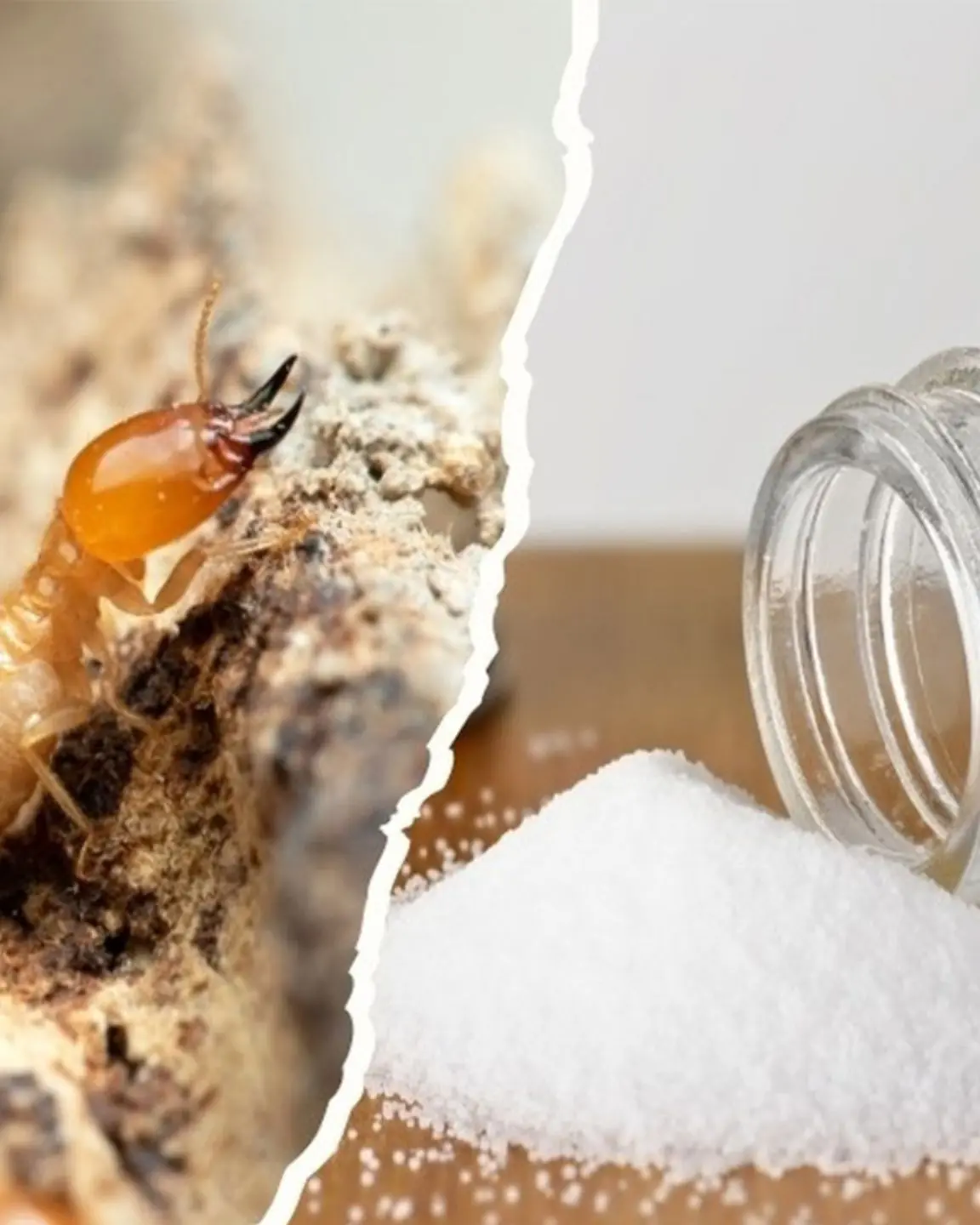
If your wooden door is infested with termites, just mix this and pour it in. The wooden furniture will still be beautiful after 10 years
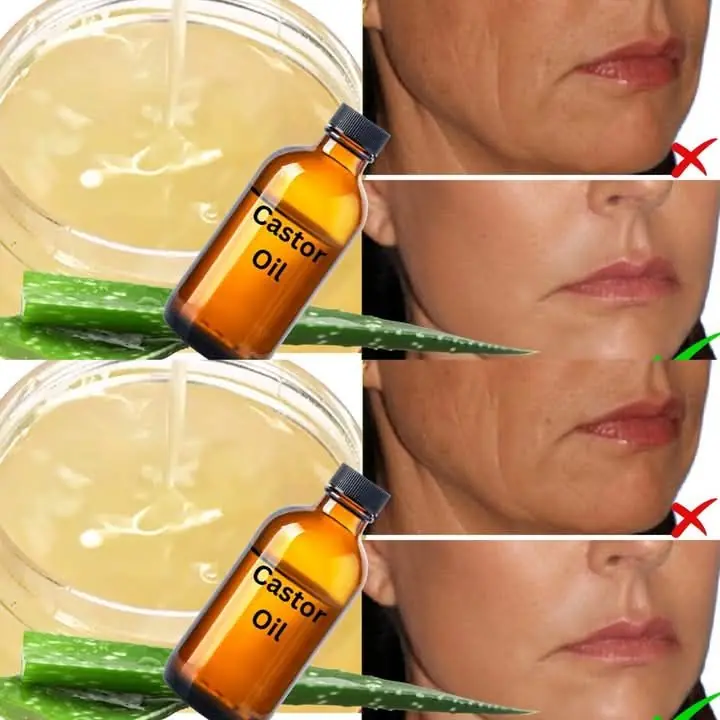
These Aloe Vera Face Masks Will Beat Your Acne Pimples In No Time

How to Grow Pumpkins Successfully: Best Watering and Fertilization Tips
News Post

7 Kidney Warning Signs You Must Not Ignore

New Coronavirus Strain Found in Bats in China Could Potentially Infect Humans

New Research Suggests That All C.a.n.c.e.r.s Are Linked To A Single Protein

A new artificial intelligence can detect b r e a s t c a n c e r 5 years before it develops

Stop Wasting Rice Water!

The Hidden Dangers in Leftovers

90% of People Are Setting Their Fridge Temperature Wrong

9 Quick Tips to Relieve Nighttime Calf Cramps While Sleeping

A Big Belly Isn’t Always Just Fat

Only girl can understand🤣

Can you spot the robber in 5 seconds?

How many bears are there in the picture?
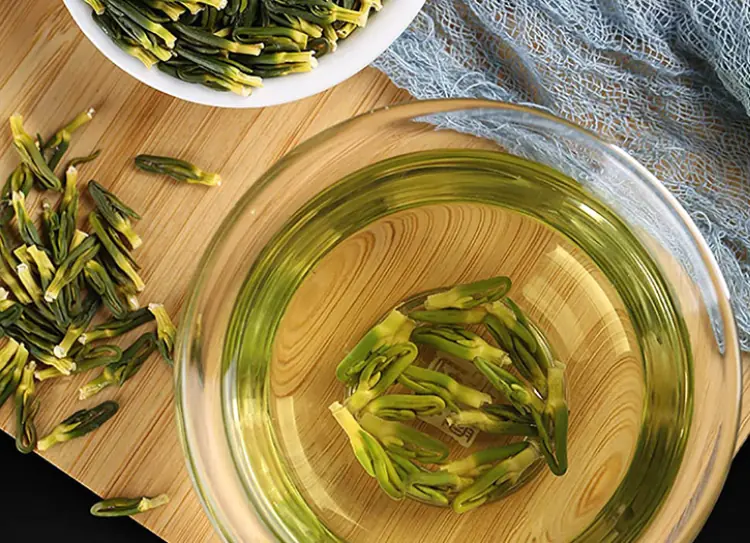
5 Best Teas for Diabetics

Drooling in Your Sleep? Watch Out for These 6 Dangerous Diseases!

Kidney disease can cause lasting damage
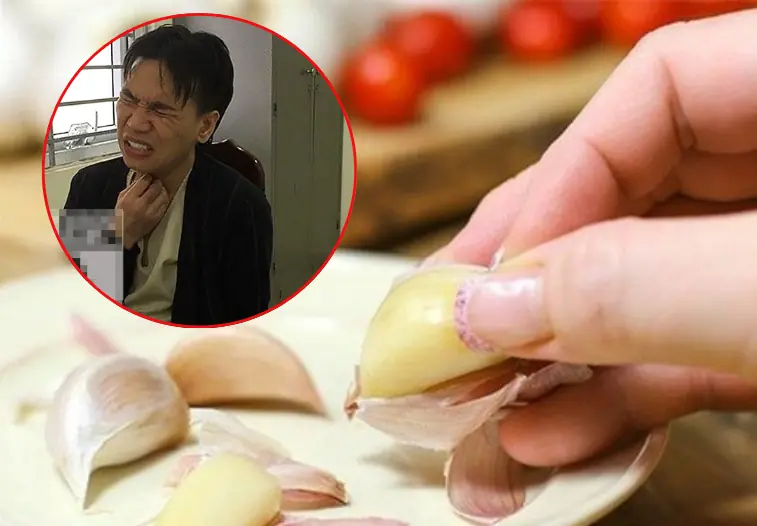
These Four Groups Should Avoid Garlic

Distinguish Naturally Ripened Tomatoes

Placing a Broom in These 4 Positions Could Sweep Away Your Wealth

A beautiful woman is hiding somewhere among the rose petals
